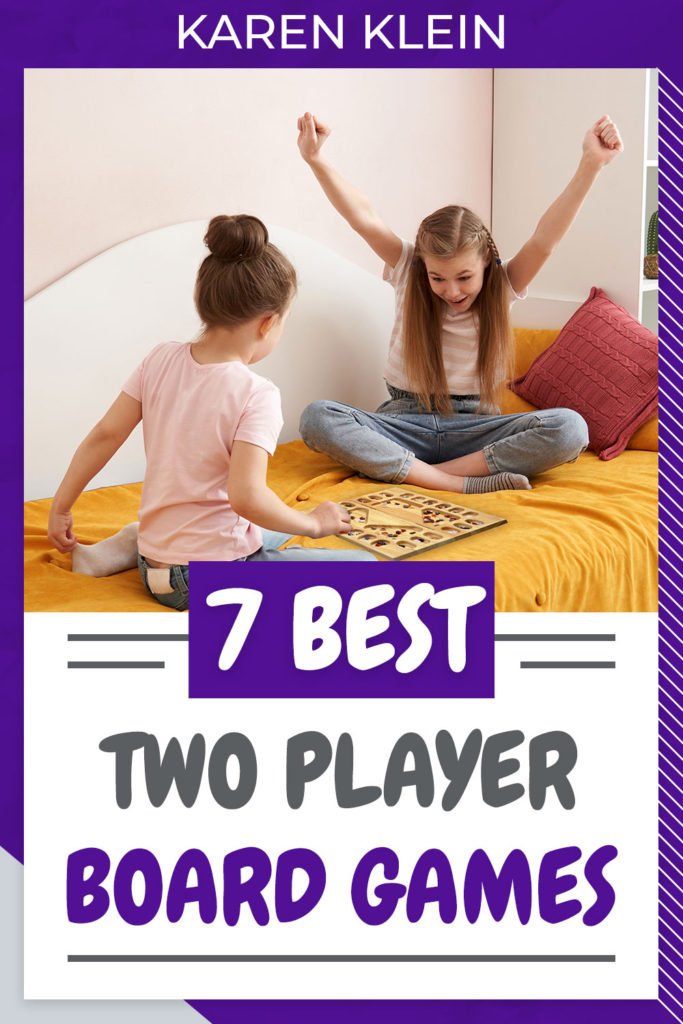
“A finite game is played for the purpose of winning, an infinite game for the purpose of continuing the play.”
This page may contain affiliate links which simply help you find the stuff I like a lot easier and pay me a commission! To read my super boring privacy and disclosure policies, click here.
A two-player game is a multiplayer game that is played by precisely two players.
This is distinct from a solitaire game, which is played by only one player.
Board games bring people together and help parents to reclaim family time. They also allow kids to make much greater emotional connections with their parents and siblings.
Two player board games are a fantastic way to find that much-needed balance between our kids’ real-life and digital connections.
If you bring out board games on cozy Friday nights or over long holiday weekends, know that your kids get big benefits out of this special family time. It will restore balance, deepen relationships, develop transferable skills and create shared long-lasting memories.
Interesting facts
- A recent study conducted by Hasbro found some very interesting statistics about family time, game time, and happiness. According to the study report, 91%of those polled said playing board games gives their kids’ mood a positive boost. And 96% of families who play board games together say that they feel close!
- A study found that Board games, when played without interruptions, can help lengthen a child’s attention span.
- Researches showed two-player board games are used to increase frustration tolerance in a child.
- North America is the largest market for board games
- Scientists at the University of Toronto in Canada assessed two groups’ ability to search for and find an object; their results showed that kids who regularly played board games were far quicker at locating the target than those who didn’t play.
At which age kids start playing board games
3 is the perfect age to begin playing board games and card games with your child especially if you like these kinds of games, too. Kids in the 4 to 6-year-old age range are getting old enough to sit down for a board game. Board and card games help teach your child about aspiration, success, and disappointment. They’ll gain experience with both winning and losing and learn that no matter what the result, next time they try they’ll begin again with a clean slate. Games also allow you to teach your preschooler about rules, integrity and honesty, and about luck.
The physical and psychological benefits of two-player board games
Playing board games is entertaining, but that is only one benefit of board games. Additional benefits include:
Child development
Board games play a very important role in child health and brain development. Board games help children develop logic and reasoning skills, improve critical thinking and boost spatial reasoning. Encouraging children to play different types of board games can also increase verbal and communication skills while helping develop attention skills and the ability to concentrate and focus for longer periods.
Memory formation and cognitive skills
Allowing your kids to play a board game helps them practice essential cognitive skills, like problem-solving. The hippocampus and prefrontal cortex especially benefit from playing board games. These areas of the brain are responsible for complex thought and memory formation. Board games help the brain retain and build cognitive associations well into old age too.
Reduces risks for mental diseases
One of the primary benefits for kids of playing board games is reducing the risk of cognitive declines, such as that associated with dementia and Alzheimer’s. Keeping their mind engaged means they are exercising it and building it stronger. A stronger brain has a lower risk of losing its power.
Grows your kids immune system
Research has shown that negativity, depression, and stress can reduce the ability to fight disease. Positive feelings and thoughts, like the laughter and enjoyment that always comes with board games, prevent these effects by releasing some chemicals that fight stress and boost your kid’s immune system. A simple board game could give rise to the ‘survival genes’ and activate them in kids’ brains, making the brain cells live longer and helping to fight disease.
Board Games Enhance Problem Solving Approach
Problem-solving skills are important in all areas of life. Board games encourage kids to solve real problems in real-life scenarios. Most tabletop games require the kids to analyze a problem, figure out all its elements and then find a workable solution.
Playing board games teaches your kids how to set goals and be patient
Winning takes strategy and patience. In a happy environment, kids learn these things in a stress-free and challenging but fun way.
Playing board games is great for reducing stress and makes for laughter.
A positive effect of board game playing is laughter. It is one of the vital ingredients for an enjoyable learning experience for your kids and increases creativity. Also, laughing and having a good time, in general, helps your kids to decrease stress.
Playing board games creates more happiness
Playing board games triggers the release of endorphins, the body’s natural “feel-good” chemicals. “Happy hormones” have the power to improve conscious and unconscious mind functions, leaving a child feeling cheerful, compassionate, and ultimately content.
Playing board games enhances creativity and self-confidence in your child.
Playing board games is a perfect opportunity to connect and open up; it also helps to display a creative side of personality in non-intrusive ways, which can be beneficial for quiet individuals. Board games are an amazing tool for shy children. Playing helps them to develop stronger senses of individuality and creativity. This leads to greater self-esteem and a feeling of being included and noticed.
It models appropriate behavior
Parents who are humble in victory and cheerful in defeat demonstrate kid’s great sportsmanship. Regularly rejoicing in the good fortune or praising clever choices of another player normalizes your kid’s positive attitudes.
It develops social skills
Board games can be for two or more players. The foundation of board game playing is cooperation. It requires players to engage by teamwork. It is the perfect way to spend time in nice company and strengthen bonds with other people. Children learn how to take turns, be patient, work as part of a team, negotiate a compromise, communicate , take risks, follow rules and directions, and manage restrictions.
Children can see parents play
It’s easy for parents to get caught up with what needs to be done and forget about having fun together. Children need to see their parents play. Playing should be a normal part of life, for both adults and children.
Games help children learn from failure
Board games provide a platform for kids to fail repeatedly. The stakes are low; it doesn’t matter if we lose. As children become more comfortable with failing, they learn from it. Children start to learn about the impact of their own decisions, but in a safe environment.
They improve learning
Playing games improves kids’ memory and cognitive skills, increases processing speed, develops logic and reasoning, improves critical thinking, boosts spatial reasoning, improves verbal and communication skills, increases attention and concentration, teaches problem-solving, develops confidence, and improves decision-making.
Games can help improve awareness, consideration, and respect
Through games, kids learn the impact their actions have on others. Kids as players, learn to truly listen to obtain information about others. The tone of voice gives indications about how a player feels and body language gives micro-clues about their possible plays and strategy.
Spending Time Together
One of the greatest benefits of board games is the time spent together. The whole family can play board games to spend quality time with each other. Board games provide an opportunity for kids to interact with their families positively.
Unplug from Devices
With technology taking such a front and center role in our lives today, we are finding more and more preschoolers with tablets and iPads on their laps as they browse the latest cartoons. Introducing them to some fun board games allows them to unplug from these devices and allows you to spend some quality time together as a family, without all the interruptions.
Best two player board games
Here are 7 best two-player board games for kids I have selected for you to choose from:
I have to add that I started with my own kids earlier than the age stated on the packages but this is of course up to you to decide!
- Go head-to-head with friends in the first-ever brain-teasing puzzle race for two
- Encourages problem-solving, critical thinking, and spatial reasoning skills
- HOW TO PLAY: Slide a challenge card into the board, place the pieces shown, then race to fit the remaining pieces—before your buddy does. Press the button to launch your opponent’s pieces for the ultimate checkmate
- INCLUDES 80 PUZZLES!
I truly hope you enjoyed this article and more importantly that it will help you choose the most adaptable product for your child!
I highly recommend you to read additional articles for toddlers such as:
Brainteaser for Kids
Play & Teach Kids to Code?
Toys that teach Discipline
Best RC cars for beginners
Why should we use Educational Games for Kids?
Great gifts and Tips for siblings bonding
10 Amazing toys for shoulder girdle stability
Amazing Toys for 10 years old children
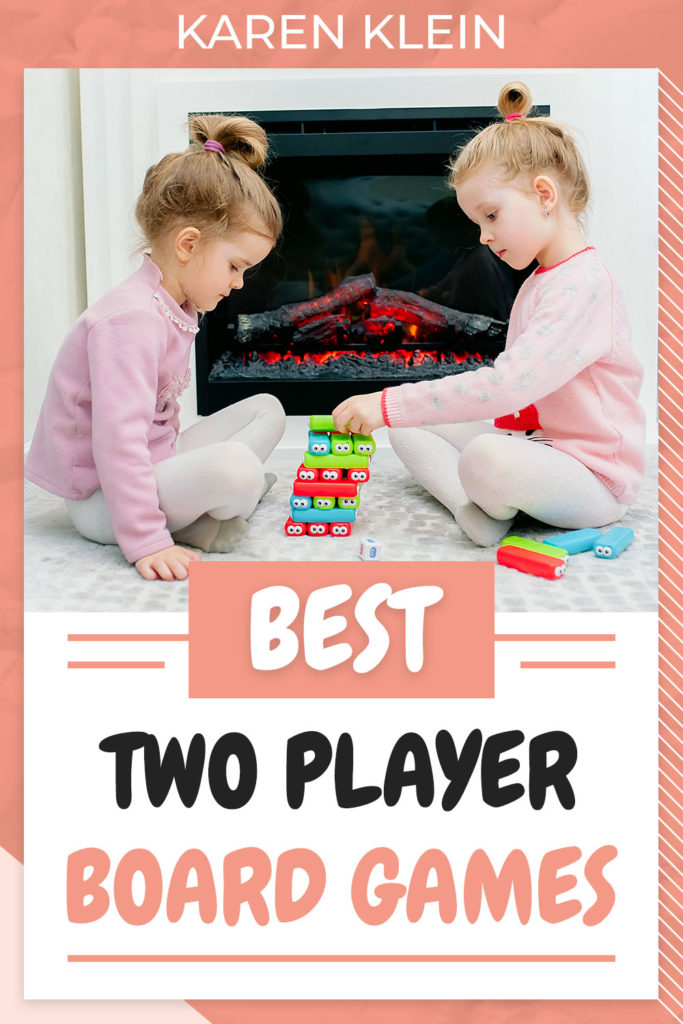
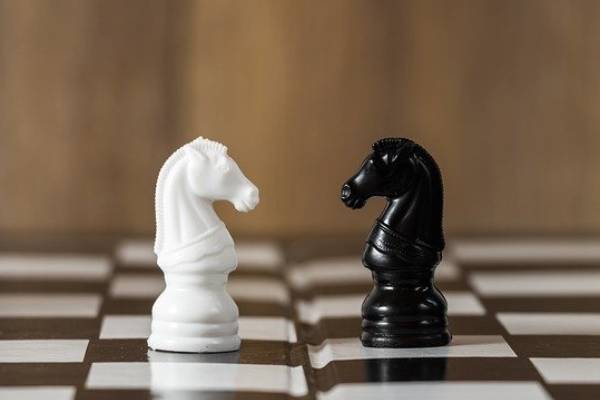
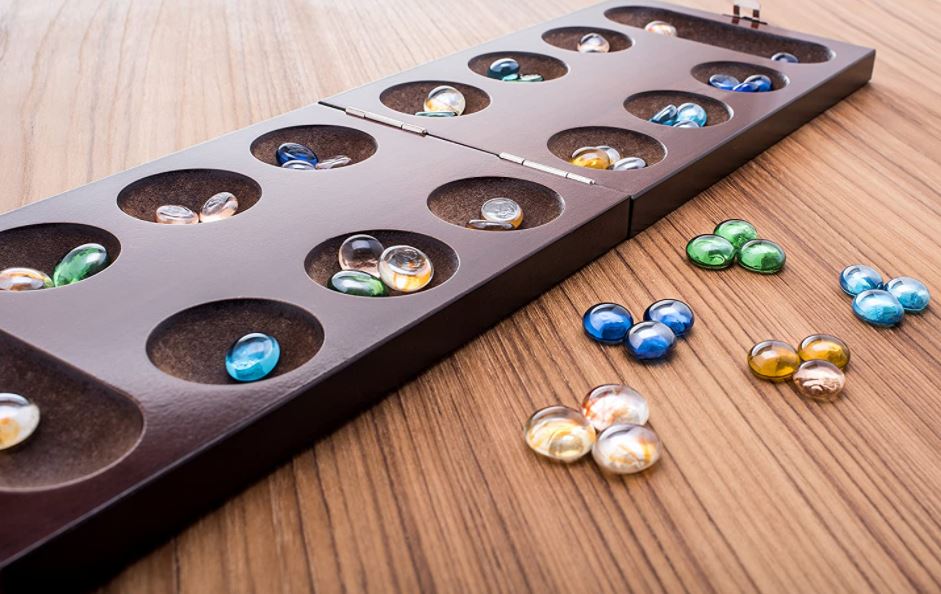
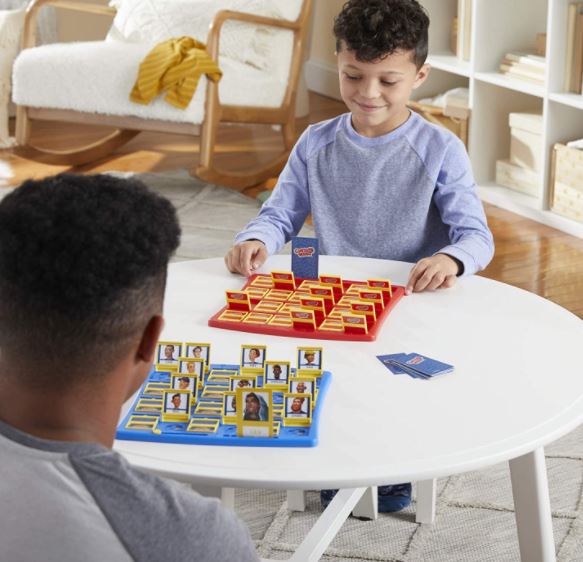
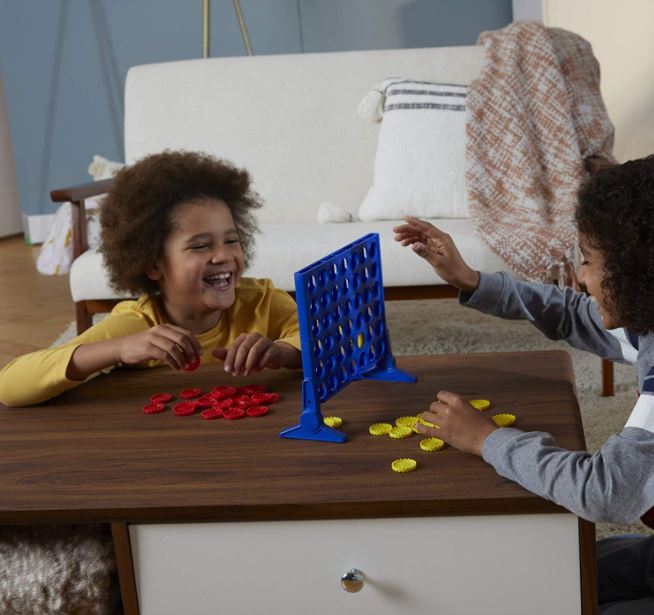

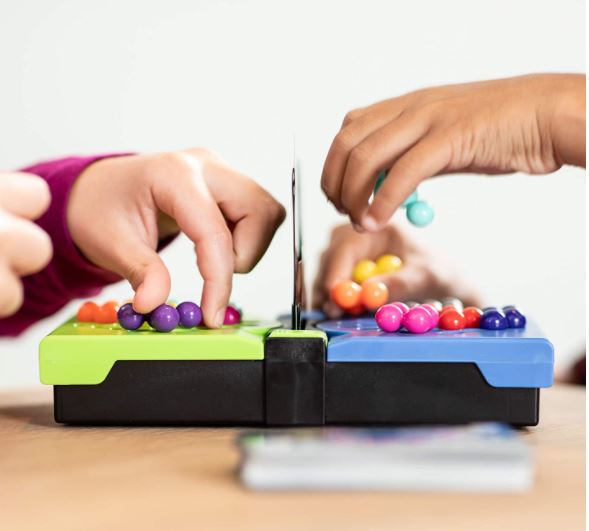

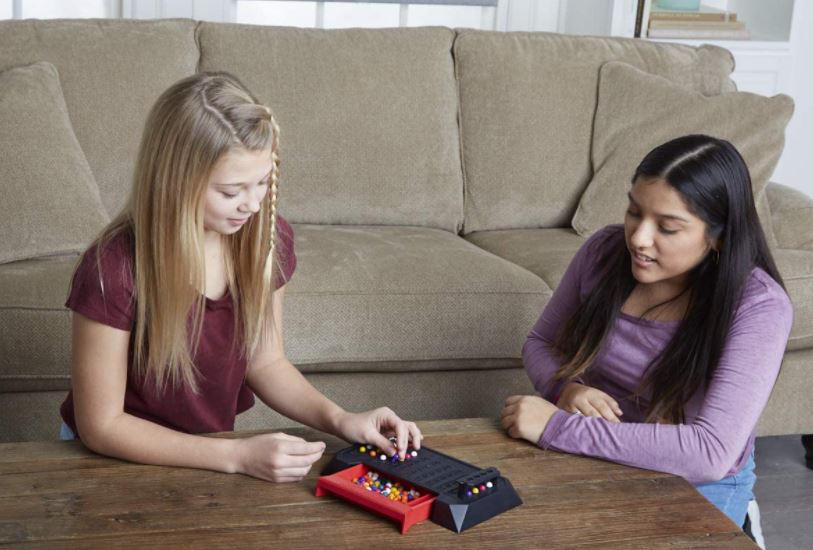



My son and I love to play Monopoly and Battleship on Sundays. It really brings together and teaches. Thanks for the new ideas for games!